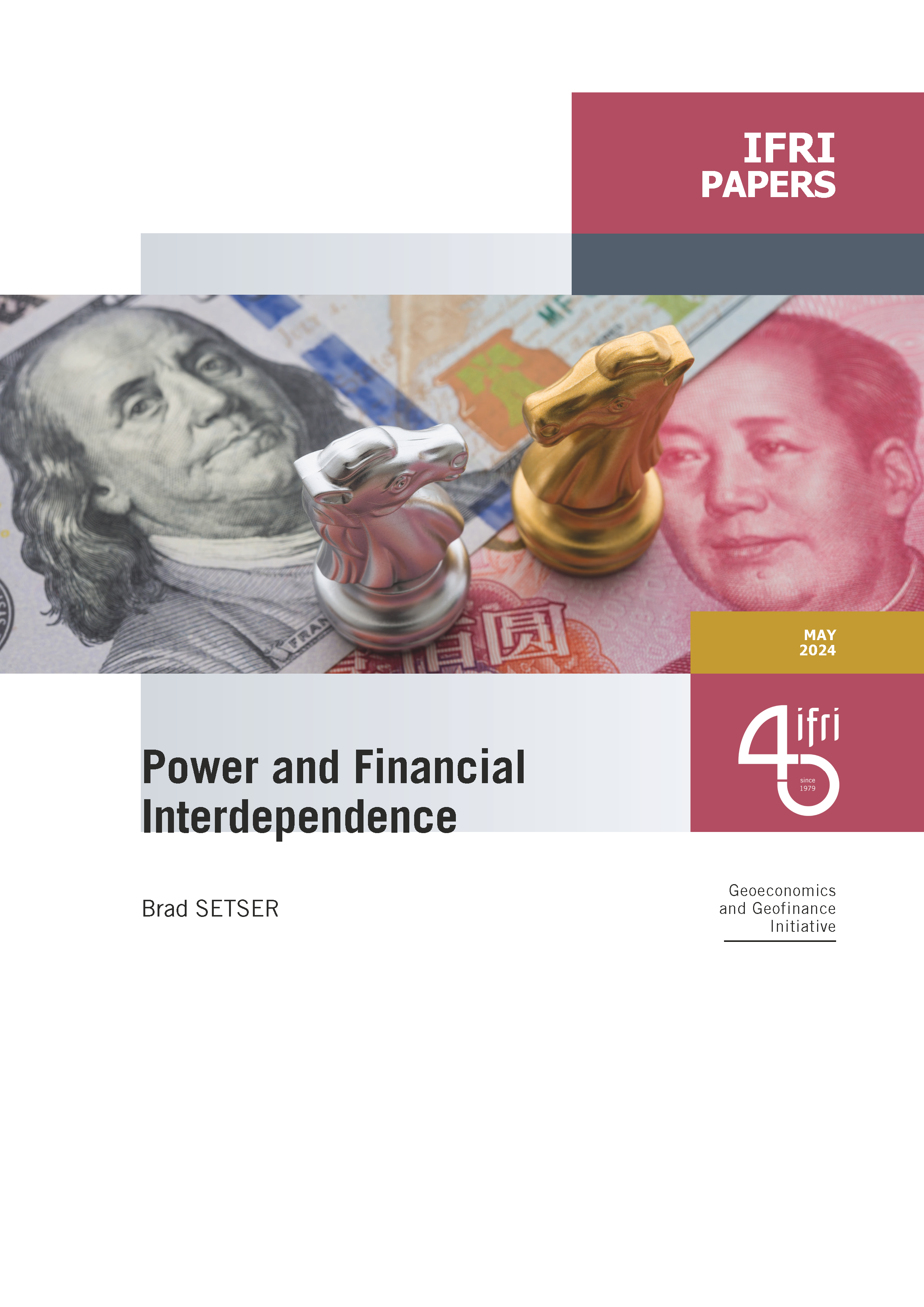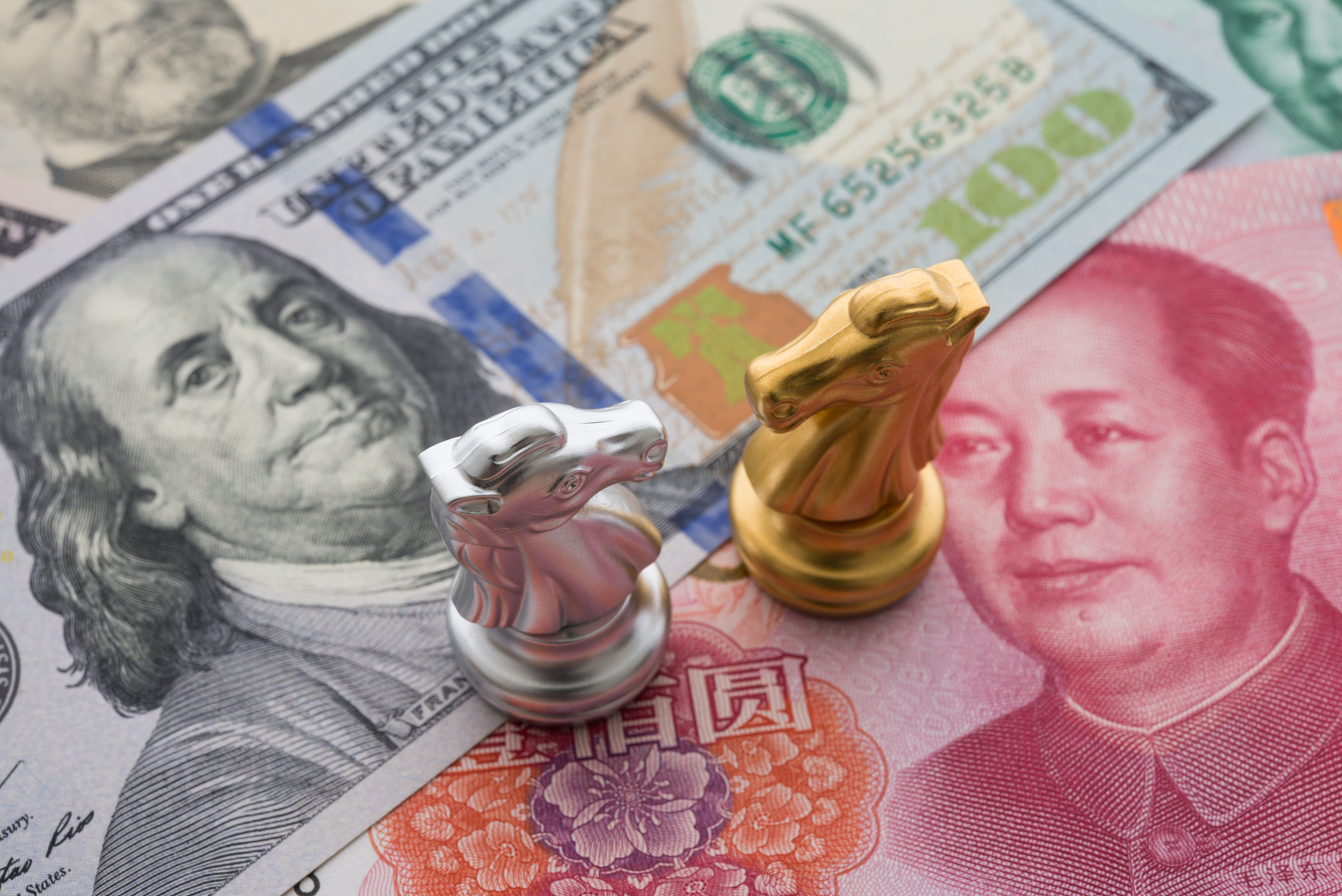Power and Financial Interdependence

The link between financial self-reliance and geopolitical power has long been debated. The unbalanced Sino-American trade relationship has created asymmetric financial ties which generate potential sources of leverage for both parties and will not quickly disappear. Absent a clarifying major crisis, it will be difficult to definitively determine which party has greater leverage.

Many in the United States (US) are concerned about indebtedness to its primary strategic rival, and the risks posed by a sudden Chinese withdrawal from US financial markets. US policymakers actively sought to encourage China’s top leadership not to withdraw financing from the market for US Agency securities in the run-up to the global financial crisis.
Yet China also sees risks in this unbalanced financial relationship. Chinese policymakers have expressed concern about the domestic political consequences of losses on either their Treasury or Agency holdings and actively have sought to diversify China’s reserves – including by substituting the risk of lending to developing economies for the visibility associated with large holdings of Treasuries in US custodians. China increasingly worries that its dollar holdings and the dollar’s global role increase its vulnerability to potential financial sanctions.
Both parties thus worry about the possibility that financial interdependence can be weaponized yet find it hard to extricate themselves from the inevitability of financial interdependence absent a clean break from an entrenched pattern of trade imbalances.
This paper is also available in French: "Puissance et interdépendance financière"

Available in:
Regions and themes
ISBN / ISSN
Share
Download the full analysis
This page contains only a summary of our work. If you would like to have access to all the information from our research on the subject, you can download the full version in PDF format.
Power and Financial Interdependence
Related centers and programs
Discover our other research centers and programsFind out more
Discover all our analysesHow Geopolitical Tensions Reshape Trade Patterns: Geoeconomic Fragmentation, or China’s Big Manufacturing Push?
A data-based analysis shows that widespread geoeconomic fragmentation of world trade is not visible, at least so far. In contrast, the geopolitically-motivated challenges to international coordination are striking, notably in relation with China's surging surplus in manufactured goods trade.
Multi-alignment and De-risking: The Global South Response to World Fragmentation
Turbulences and conflicts threaten the stability of the global order. What is the Global South’s response to these risks?
Why Chinese Fintechs Have Failed to Reshuffle International Finance
New Chinese financial technologies, including unparalleled electronic payment systems, have so far failed to threaten U.S. financial dominance.
Climate, Finance, and Geopolitics: Human Self-delusions and the Challenges for Europe
The combination of geopolitical tensions, climate disruption, and the growing role of finance in the economy is taking us into uncharted territory. Until recently, each of these subjects was handled separately, but they are now inextricably linked by two shared characteristics: the gravity of the threat, and the fact that they all lay bare the scale of human self-delusions.









